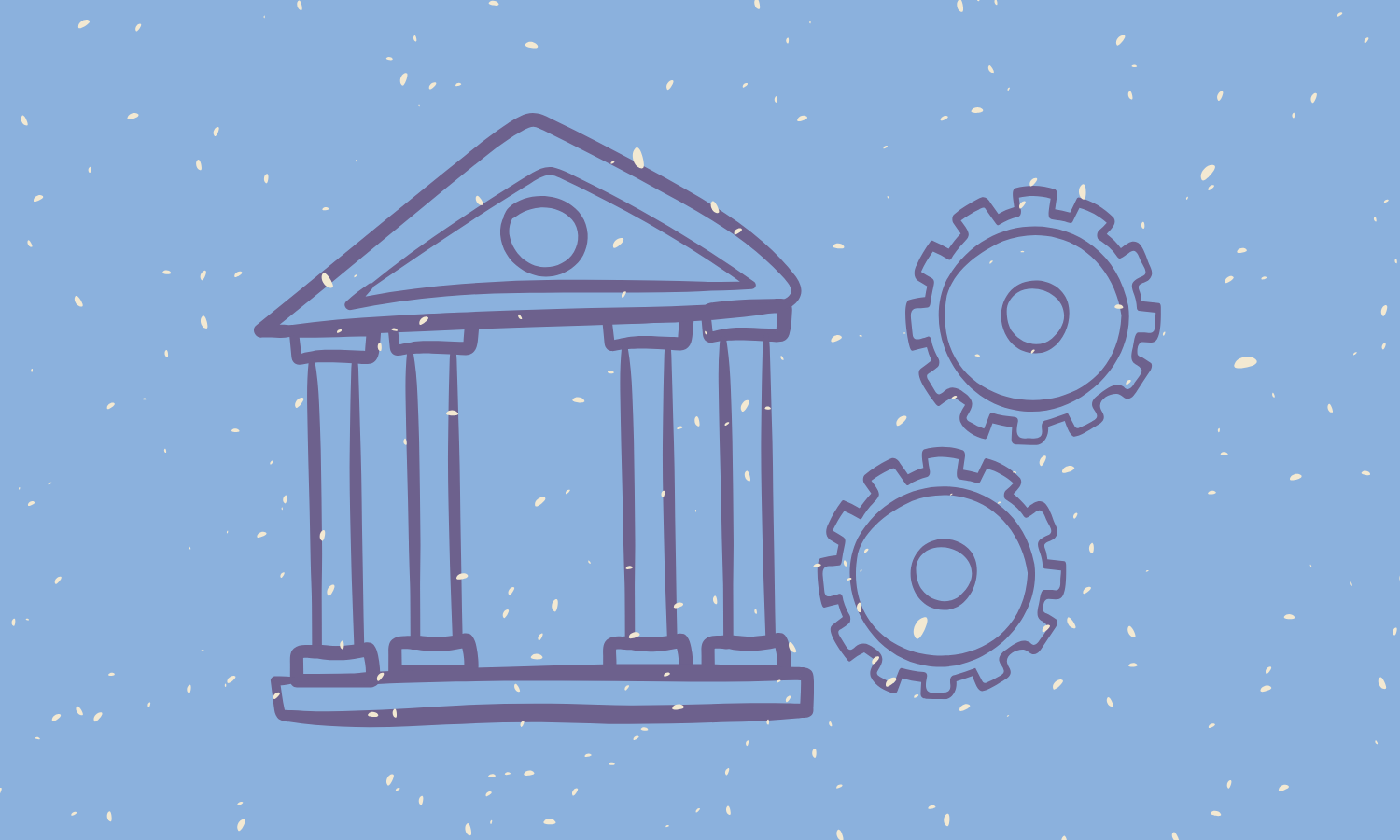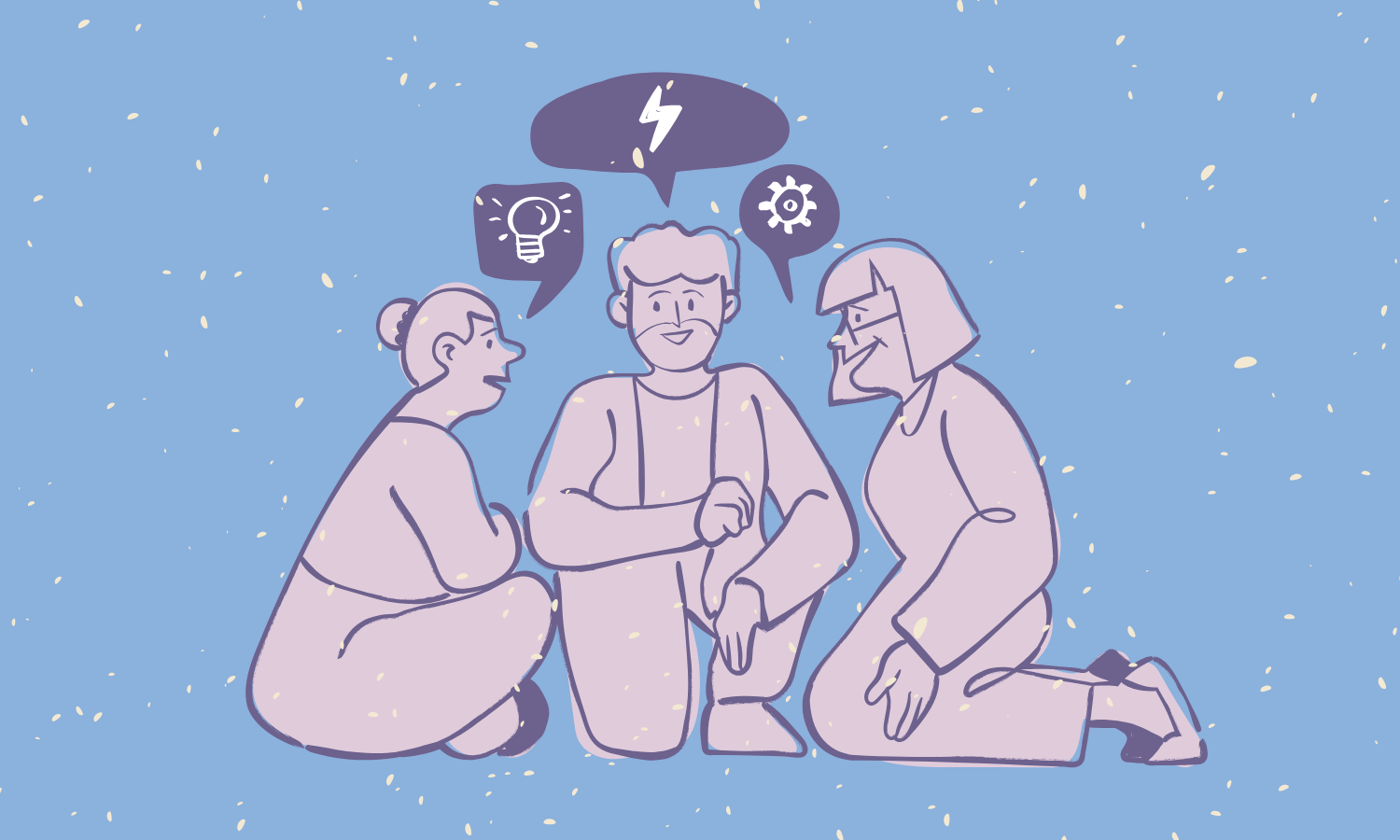Why NDIS won’t save your wallet (but personal insurance will)
Think NDIS will cover your bills if life throws a curveball? Not quite. It helps with services, not income. That means if you can’t work, your rent, food and childcare costs don’t get paid. In our recent Deep Dive episode, Skye adviser Azaria Bell and host Phil broke down why the National Disability Insurance Scheme (NDIS) isn’t the money fix you might expect. For you 20- and 30-something Aussies—saving for a house, planning a kid, or keeping life chill—this is your nudge to get smart about personal insurance. Let’s sort the facts, straight-up.
NDIS: Not your cash fix
The National Disability Insurance Scheme (NDIS) is a government program that funds support and services for Australians under 65 who have a permanent and significant disability.
It’s great for linking over 500,000 Aussies with disabilities to services—doctors, support groups, or daily task help. Since 2013, it’s been about making life easier, not padding your bank account. Don’t expect it to cover your rent or bills.
Last year, it cost $48.5 billion, and it’s growing faster up to $63.4 billion by 2028-29. (ABC News, 2025). By 2030, it could outspend Medicare, so the government’s tightening things up. From July 2025, stricter rules and new pricing might cut support for some folks. If you’re banking on NDIS for financial help, you’re taking a chance.
“NDIS helps over 500,000 Aussies, but it’s not bulletproof.”
Disability support pension: Strict rules, no exceptions
The DSP is for folks with permanent physical, intellectual, or mental health issues that stop them working. Sounds fair, but the rules are strict.
At Skye, we see this confusion a lot. People bank on the NDIS or DSP but when they need support most, they find those systems fall short. Personal insurance is what closes the gap.
Take Glenn Dickson’s story, a dad who lost his leg to a shark. More on that below, but the gist? Centrelink said, “No pension until you get a prosthetic and finish rehab.” Even a shark attack didn’t qualify because you need to be “fully diagnosed, treated, and stabilised” with no improvement expected within two years. It’s like being told you can’t have a Tim Tam until you’ve grown the cocoa.
💡 Stat: 20% of NDIS participants wait over 90 days for plan approvals (NDIS Review, 2024).
Source: https://www.ndisreview.gov.au/
Shark attack that shows why NDIS and DSP fall short
In February 2017, this 25-year-old Cairns spearfisherman Glenn Dickinson was hunting near Hinchinbrook Island when a 3.5-metre bull shark hit. “The shark hit my leg like a chainsaw,” he told ABC News, describing how it “swallowed my whole leg and chomped and shredded all around my upper thigh, completely to the bone”. His mates hauled him onto a boat, applied a tourniquet, and raced him to hospital, where his leg was amputated. He flatlined six times on the way.
Glenn couldn’t work, and with his third kid due, he applied for the disability support pension. Centrelink’s response? “Sorry, mate, you need to complete rehab and get a $70,000 prosthetic first.” They said he didn’t hit the required 20 “impairment points” because his condition wasn’t “fully treated and stabilised.” The NDIS didn’t cover the prosthetic either, leaving him on Newstart—$400 less a fortnight than the DSP. “This makes no real sense to the average Australian,” Glenn said.
Glenn’s story went viral, with a GoFundMe raising over $50,000 for medical bills and physio.
“The shark hit my leg like a chainsaw… I don’t want a handout. I just want to get to the next point.”
Why personal insurance is your real MVP
Unlike NDIS or the DSP, it’s a contract—locked in, no changes unless they’re better. Insurers can’t mess with the terms, and it’s guaranteed renewable. That’s the certainty you need when life gets messy.
Here’s the rundown on the four types of personal insurance:
Life Insurance: Pays a lump sum if you pass away, so your family’s not left scrambling.
TPD (Total and Permanent Disability): Covers you with a lump sum if you’re so disabled you can’t work ever again.
Trauma Insurance: Drops cash for serious illnesses like cancer or heart attacks.
Income Protection: Keeps money coming in monthly if you can’t work due to injury or illness, even short-term.
Unlike the DSP, you don’t need to be permanently out of action with income protection. If your doctor says you’re sidelined, you get paid. You can even work part-time and still get cash if your income drops below 75% of your pre-injury earnings.
“With personal insurance, you’ve got a contract. They can’t just change the rules.”
NDIS isn’t insurance—It’s a government I owe you
NDIS isn’t insurance—it’s a government program with a budget that fluctuates based on policy and political decisions. It’s estimated that about 5% of NDIS spending is misused—which for the $42 billion scheme translates to roughly $2.7 billion lost in scams and payment errors in a single year (SOURCE: ABC News). Think of it more like a government “I owe you” and not a transparent contract.
Personal insurance? That’s a legal contract you can read at the beginning. You know exactly what you're covered for.
Azaria shared her move: she got personal insurance at 19 because she didn’t want to rely on her parents or the government if things went south. Smart play. Whether you’re single, coupled up, or planning a kid, personal insurance locks in certainty before life gets wild.
“NDIS isn’t insurance—it’s just a government bill that keeps growing.”
Why relying only on government schemes is risky
In the Deep Dive, Phil and Azaria made it clear that the NDIS and DSP aren’t just limited in scope—they’re unpredictable. Government programs can change overnight if the budget blows out, the political winds shift, or public opinion demands cuts.
The NDIS isn’t a guaranteed safety net; it’s a moving target. You might meet the criteria one year and miss out the next if eligibility tightens. The wait times alone can derail you—20% of participants are stuck waiting over 90 days for plan approvals, leaving them without crucial support during that period.
A reality most Aussies don’t think about until it’s too late: these schemes aren’t designed to replace your income. If you can’t work, you still have rent, bills, and daily expenses—services like physio or home modifications don’t keep the lights on.
This isn’t about dismissing the NDIS or DSP—they do help hundreds of thousands of Australians—but when your financial future’s on the line, relying on them alone is like betting your whole house deposit on a single horse race.
How to get your finances sorted
Ready to take charge? Here’s how to make personal insurance your go-to:
Talk to an adviser: At Skye, we dig into your finances, health, and lifestyle to find a policy that fits.
Get a pre-assessment: Got health concerns? We’ll check if you’re insurable before you commit.
Pick your cover: From life insurance to income protection, we’ll tailor it to your vibe—single, married, or prepping for a kid.
Live easy: With personal insurance, you can focus on crushing life without worrying about what-ifs.
❌ Don’t: Assume NDIS or the disability support pension will cover your bills. They’re solid for some things, but they’re not your financial fix.
NDIS vs. Personal Insurance
The takeaway
Whether you’re saving for a home, thinking about kids, or just cruising through your 20s and 30s, it pays to know where your safety nets actually are—and where they aren’t. NDIS and the disability support pension have their place, but they’re not a full financial backup. Glenn Dickson’s shark attack story is a reminder that even extreme cases can slip through the cracks.
If you want clarity on what cover makes sense for you, we’re here to help you figure it out.
Resources
ABC News (2025): NDIS cost statistics
NDIS Review (2024): Participant delay statistics
ABC News (2017): Glenn Dickson shark attack and DSP denial
ABC News (2023): Fraudulent NDIS claims









